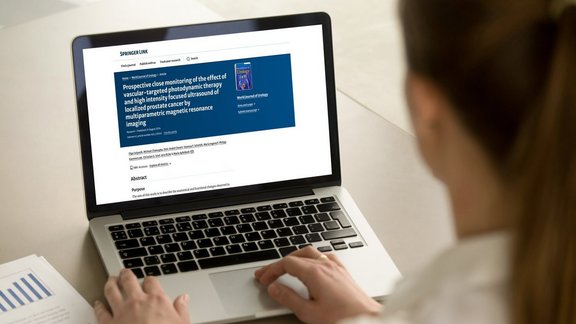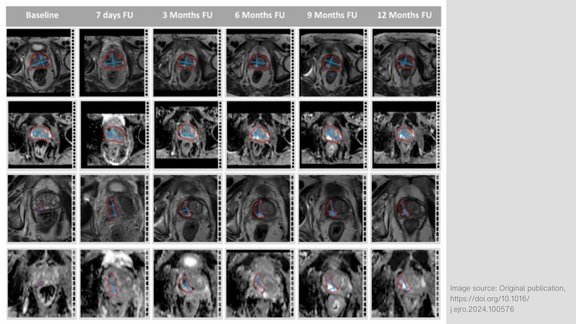Federated Learning (FL) enables collaborative model training without data centralization – a crucial aspect for radiological image analysis where privacy regulations would otherwise hinder the use of centralized data lakes. Despite its promise, however, FL has largely been confined to simulated environments.
This study aims to bridge the gap between simulated and real-world FL research by developing an FL infrastructure within the German Radiological Cooperative Network (RACOON), a project by the Netzwerk Universitätsmedizin (NUM).
Using mint Lesion™ to process radiological images, the study’s results show FL outperforms these methods, underscoring its value in practical applications. The study also provides a guide for establishing FL initiatives, highlighting strategic organization and robust data management to aid future researchers in implementing FL in clinical settings.



